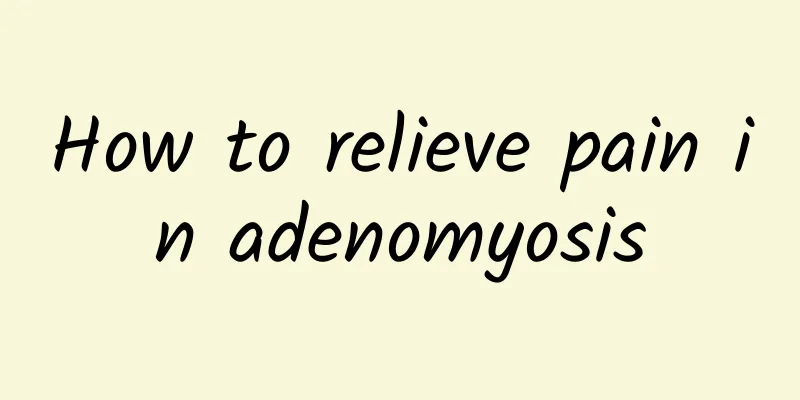What are the taboos of chronic pelvic inflammatory disease

|
What are the contraindications of chronic pelvic inflammatory disease? Chronic pelvic inflammatory disease is a chronic gynecological disease with a long course and a great impact on patients. It requires not only systemic drug treatment, but also attention to some taboos, otherwise it may affect the recovery of the disease. Patients with chronic pelvic inflammatory disease should not only pay attention to eating less spicy and irritating foods, frozen foods, and even pickled foods and greasy foods, but also be careful not to over-clean in life. 1. Spicy and irritating foods Since patients with chronic pelvic inflammatory disease have inflammation, their secretions will be somewhat abnormal. In order to prevent leucorrhea from irritating the inner wall of the vagina, they should not eat too much spicy and irritating food, and should drink less carbonated drinks. Foods such as pepper, onion, ginger, mustard, etc. should be avoided. 2. Frozen food Patients with chronic pelvic inflammatory disease will have some congestion in the pelvis, and even adhesions in the abdominal cavity. For cold and frozen foods, especially seafood, hair and glutinous rice foods, such as crabs, squids, leeks, hair cakes, etc. 3. Pickled foods If the disease cannot be cured for a long time, the patient's tongue will be covered with a greasy white coating. The high salt content in pickled foods will cause certain irritation to the stomach and is not conducive to the body's detoxification. 4. Sweet and greasy food If patients often eat sweets, it will increase the secretion of leucorrhea, resulting in the inability to expel foreign matter from the body, providing conditions for the reproduction of bacteria and viruses. Fructose, chocolate and cakes must be eaten less. 5. Don’t over-clean Some patients with strong health awareness believe that to stay away from gynecological diseases, they need to pay attention to cleaning and care, but excessive cleaning is not good for personal hygiene, especially frequent contact with disinfectants, which will break the balance of the private environment and may indirectly aggravate the condition. |
<<: Is pelvic effusion related to kidneys?
>>: What should I pay attention to in my diet for premature ovarian failure?
Recommend
Why do you have a headache after abortion? 5 reasons for headache
If there is a problem of qi and blood deficiency ...
The hazards of painless abortion are manifested in the following aspects
Painless abortion is very harmful to women. Women...
5 tips to prevent weight gain after a big meal
There are various gatherings and social events. Y...
Excessive visceral fat leads to diabetes. Can drinking green tea eliminate it? Dr. Liu Boen: 4 tips to eliminate visceral fat
Do people with a lot of fat always look fat? Are ...
How to scientifically prevent cervical erosion? 7 scientific methods to prevent cervical erosion
1. Female friends should avoid spicy, greasy, irr...
What to do if pregnancy is complicated by uterine fibroids? How to deal with pregnancy complicated by uterine fibroids
Treatment of uterine fibroids in early pregnancy:...
When can I wash my hair after an abortion? Can I wash my hair after an abortion?
When can I wash my hair after an abortion? This i...
What causes uterine fibroids? Why do uterine fibroids grow?
What causes uterine fibroids? Uterine fibroids, a...
Hyperprolactinemia Introduction
Hyperprolactinemia is a very common disease in wo...
Is cervical erosion related to men's hygiene?
Cervical erosion is indeed related to men's h...
Can abortion cure postpartum disease?
After a long pregnancy, the joy and happiness of ...
Typical symptoms of pelvic peritonitis
We all know that pelvic peritonitis is a very com...
As the epidemic situation intensifies, XBB becomes the mainstream virus strain! Nutritionist Gao Minmin: 8 nutrients to strengthen mucosa and prevent rupture
The CDC stated that the domestic epidemic situati...
What are the causes of pelvic inflammatory disease?
What are the causes of pelvic inflammatory diseas...
Is primary amenorrhea hereditary?
Primary amenorrhea may be related to genetic fact...









